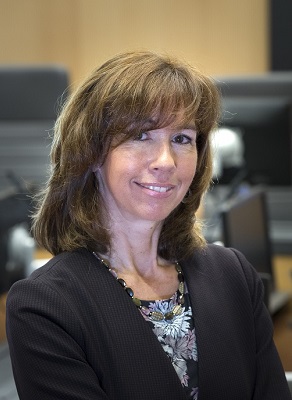Jeffrey D. Sachs is a world-renowned professor of economics, leader in sustainable development, senior UN advisor, bestselling author, and syndicated columnist whose monthly newspaper columns appear in more than 100 countries. He is the co-recipient of the 2015 Blue Planet Prize, the leading global prize for environmental leadership. He has twice been named among Time magazine’s 100 most influential world leaders. He was called by the New York Times, “probably the most important economist in the world,” and by Time magazine “the world’s best known economist.” A recent survey by The Economistranked Professor Sachs as among the world’s three most influential living economists of the past decade.
Professor Sachs serves as the Director of the Center for Sustainable Development at Columbia University. He is University Professor at Columbia University, the university’s highest academic rank. During 2002 to 2016 he served as the Director of the Earth Institute. Sachs is Special Advisor to United Nations Secretary-General António Guterres on the Sustainable Development Goals, and previously advised UN Secretary-General Ban Ki-moon on both the Sustainable Development Goals and Millennium Development Goals and UN Secretary-General Kofi Annan on the Millennium Development Goals. He is a Distinguished Fellow of the International Institute of Applied Systems Analysis in Laxenburg, Austria.
Sachs is currently Director of the UN Sustainable Development Solutions Network under the auspices of UN Secretary-General António Guterres, and a Commissioner of the ITU/UNESCO Broadband Commission for Development. He is Chair and Founder of SDG USA, a non-governmental initiative to promote the Sustainable Development Goal concepts in the United States. Sachs is also co-founder and Chief Strategist of Millennium Promise Alliance, and was director of the Millennium Villages Project (2005-2015).
Sachs has authored and edited numerous books, including three New York Timesbestsellers: The End of Poverty (2005), Common Wealth: Economics for a Crowded Planet (2008), and The Price of Civilization (2011). His recent books include: To Move the World: JFK’s Quest for Peace (2013), The Age of Sustainable Development (2015) and Building the New American Economy: Smart, Fair & Sustainable (2017).





